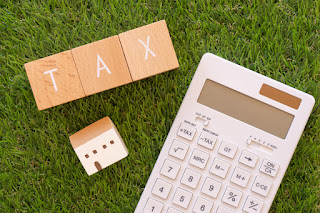Is Your Home Over-Assessed? Signs to Look For and What to Do
Home assessments are a critical component in determining property taxes, but sadly not all assessments are as accurate as they should be. Over-assessing a property can lead to an unnecessarily high tax bill, leaving homeowners with a hefty financial burden. Undoubtedly, most people would agree that the idea of paying more in taxes than necessary is frustrating.
With this in mind, it's worth asking: is your home over-assessed?
1. Understanding Property Assessments
Property assessment is the process local municipalities use to establish a value for your home, which determines your property taxes. These assessments are updated periodically (the frequency varies by location) to reflect changes in the real estate market, a home's condition, or neighborhood development. Property assessments consist of two components: the land value and the improvement or building value.It's worth noting that assessments are not the same as appraisals — while appraisals determine the market value of a property for sale or lending purposes, assessments focus exclusively on tax implications.
2. Signs That Your Home May Be Over-Assessed
There are a few key indicators that your property may be over-assessed:- Firstly, check whether your property's assessed value is significantly higher than that of similar homes in your area. This could be due to an incorrect categorization of your home or even an outdated assessment that doesn't accurately reflect current market conditions.
- Secondly, keep an eye on any significant changes to your assessment, particularly if they don't align with broader trends in your neighborhood or the greater real estate market.
- Lastly, consider whether your home's assessed value has increased without significant improvements or additions to the property. This could signify an error in the assessment or reflect inaccurate reporting of local taxes.
.jpg)


Comments
Post a Comment